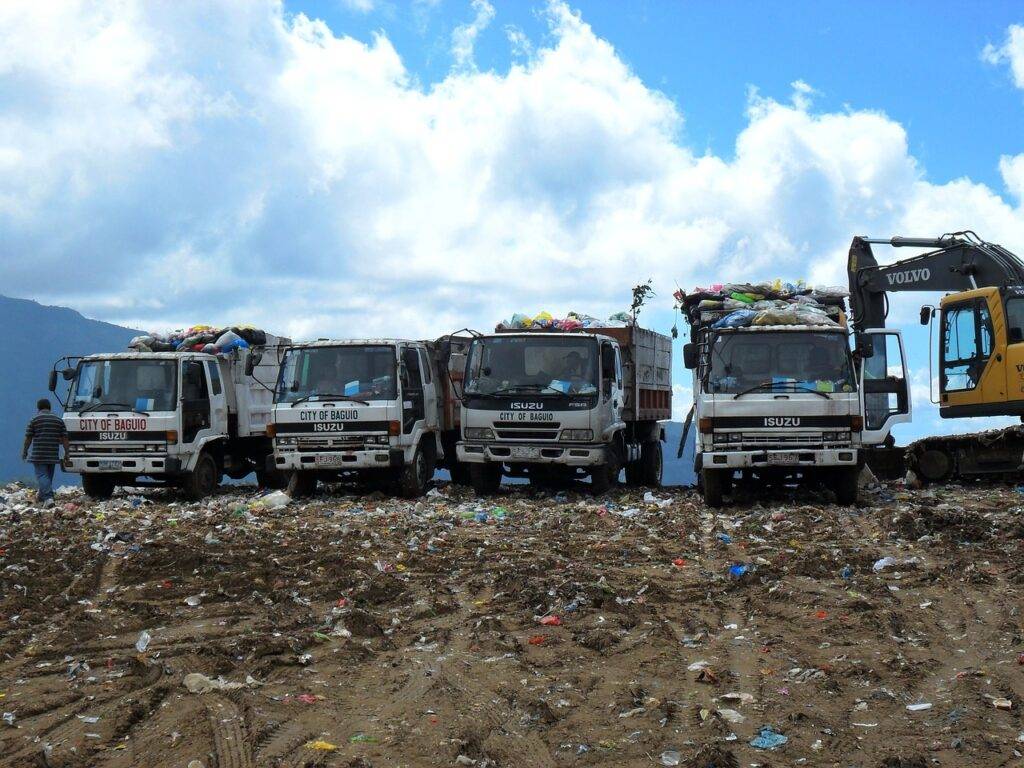
Australia generates an enormous amount of waste and as the years pass by, our waste generation levels continue to increase. We’re quickly running out of landfill space, which makes waste management an even bigger challenge.
While waste is a national problem, there are states that produce more waste than others. Have you ever wondered which state produces the most commercial and industrial waste in Australia? And, how much of the commercial and industrial waste is recovered? What about the rate of diversion of waste from landfills?
As a waste management specialist, today I will answer these questions. So, continue reading this post as I offer some statistics on Australia’s commercial and industrial waste from a study conducted by Encycle Consulting.
Table of Contents
Waste generation levels depend on the industries in each state
The commercial and industrial waste generation levels vary considerably from one state to another, depending on the different industries present in each state. However, it can always be reasoned that the higher the population of a state, the more waste it is likely to generate. And, statistics reveal this to be completely true.
New South Wales generates maximum commercial and industrial waste
It should come as no surprise that New South Wales – our most populous state, generates the maximum commercial and industrial waste in Australia. In 2008-2009, NSW generated 5,440,000 tonnes of commercial and industrial waste – 43% of Australia’s total commercial and industrial waste. This was followed by Victoria, which generated 3,120,000 tonnes of waste, followed by Queensland, WA and SA at 1,700,000 tonnes, 1,510,000 tonnes and 770,000 tonnes respectively.
Amount of commercial and industrial waste recovered
Australia has always been great at recovering waste through recycling. Today, most states recover more commercial and industrial waste rather than sending it to landfills. However, each state does have different levels of recycling infrastructure. As such, the levels of recycling vary considerably from one state to another.
In 2008-2009, New South Wales recovered 2,890,000 tonnes of commercial and industrial waste, while sending 2,550,000 tonnes to landfills. This represented a 53% rate of diversion of waste from landfills. In comparison, the states of SA, Victoria and Queensland all fared much better, with 64%, 62% and 58% respectively. Only WA did much worse, with a meagre 34% rate of diversion of commercial and industrial waste from landfills.
Rate of recycling also depends on the size of local industries
Encycle Consulting’ study also found that the rate of recycling highly depends on the size of local industries in each state. The bigger the local industry, the higher the rate of recycling. This is because small and medium businesses in the local industry generate less waste. Most recyclers do not collect this waste from their premises as the volumes are too low.
However, this need not be a problem if you’re located in Brisbane, thanks to 4 Waste Walk-In Skip Bins. You can simply hire our services to get rid of your commercial waste easily and effectively. With us around, even you can contribute to the better recycling of waste – regardless of the volumes you have.
Conclusion:
Australia generates an enormous amount of commercial and industrial waste each year. State wise, New South Wales generates the most amount of commercial and industrial waste. It is followed by Victoria, Queensland, WA and finally SA. However, SA leads in the recovery of waste and has the highest rate of diversion of waste from landfills. The amount of waste generated in each state depends on the type and the size of the local industries.
If you’re looking for waste management experts to take care of your commercial waste, then you should look no further than 4 Waste Walk-In Skip Bins.
Call us at 0413 333 330 to find out more about our commercial waste removal services in Brisbane today!
